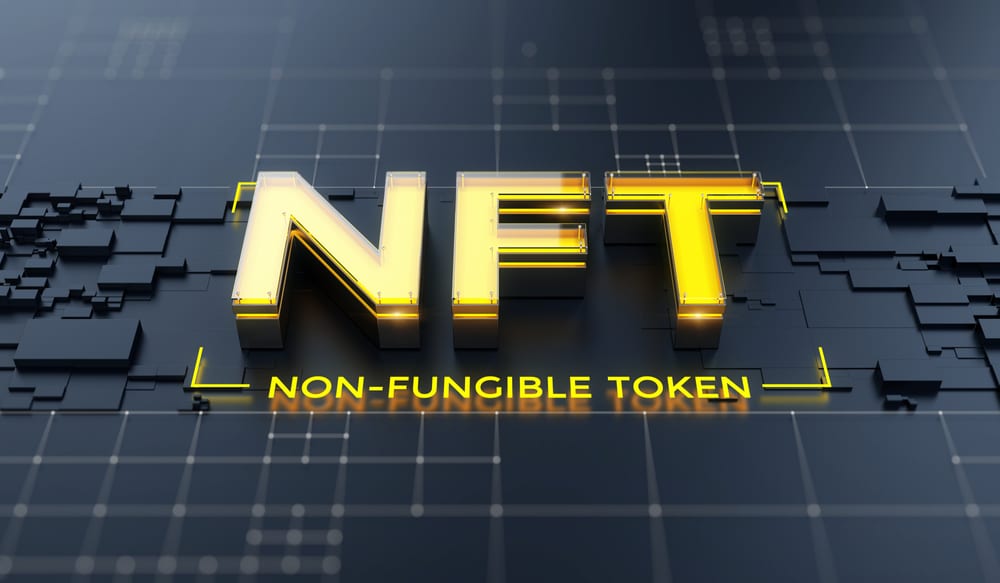Comprehensive Guide to Cryptocurrency Wallet Security

The modern era has brought forth a transformative wave in finance with the emergence of digital coins. With the growing popularity of cryptocurrencies such as Bitcoin, Ethereum, and Litecoin, safeguarding these digital assets becomes paramount. This guide explores the nuances of cryptocurrency wallet protection, sharing valuable knowledge and practical strategies to shield your electronic riches.
Understanding the Intricacies of Cryptocurrency Wallets
A digital coin pouch is an advanced electronic instrument designed to hold, oversee, and move virtual currencies. These pouches are available in diverse types, each boasting distinct characteristics and protective protocols.
Hardware Wallets are tangible devices that store private keys offline, ensuring they remain out of reach from online threats.
Software Wallets are digital applications tailored for computers or mobile devices. They offer convenience and security when fortified with encryption and other protective layers.
Web Wallets are platforms that operate online and are managed by third-party providers. While they offer easy access, choosing providers with a stellar security track record is vital.
Pillars of Crypto Wallet Security
Choosing a Trustworthy Wallet
The foundation of crypto security lies in selecting a wallet that has established its credibility in the market. With their offline nature, hardware wallets are often touted as the pinnacle of security. For those leaning towards software or web wallets, it’s imperative to opt for ones that have undergone rigorous third-party security audits, boast a proactive development team, and have consistently demonstrated a commitment to user security.
Safeguarding Private Keys
Private keys are akin to the keys to a vault. Their safety determines the security of the assets they guard. It’s paramount to:
- Keep private keys confidential.
- Store them in an offline environment, with hardware wallets being the preferred choice.
- If using software wallets, ensure they come with robust encryption and two-factor authentication mechanisms.
Crafting Robust Passwords
A strong password acts as the first barrier against unauthorized access. Users should:
- Construct complex passwords that combine alphabets, numbers, and symbols.
- Refrain from using easily decipherable details like birthdays or names.
- Leverage password managers, which generate and store passwords in a secure environment.
Staying Updated
The crypto realm is dynamic, with developers continually rolling out updates to tackle emerging threats and vulnerabilities. Keeping the wallet software updated is essential to benefit from the latest security enhancements and features.
The Importance of Backups
Backups act as a safety net, ensuring that assets remain accessible despite device malfunctions or unforeseen incidents. Secure storage solutions like hardware wallets or encrypted offline devices are ideal for storing these backups.
Navigating Public Networks
Public Wi-Fi networks, while convenient, are often riddled with security loopholes. Accessing wallets on such networks can expose them to potential threats. Using trusted VPN services or avoiding public networks when dealing with cryptocurrencies is advisable.
Recognizing and Avoiding Phishing Attempts
The digital landscape is rife with cybercriminals deploying phishing tactics to dupe unsuspecting users. It’s crucial to be vigilant, verify the authenticity of communications, and only share sensitive information if entirely sure of the source’s legitimacy.
Differentiating Storage Solutions
Custodial Wallets are managed by established third parties, often exchanges. They store private keys on behalf of users, sometimes offering insurance. However, their centralized nature can make them attractive targets for cyber adversaries.
Non-Custodial Wallets empower users with control over their keys, eliminating third-party involvement. These can be either hot, implying they’re online, or cold, meaning offline.
Hot Wallets are inherently digital, always connected to the internet, and while they offer convenience, their online nature can be a potential vulnerability.
Cold Wallets, often called offline wallets or hardware wallets, have no internet connection, significantly reducing their exposure to online threats.
Conclusion
Digital currencies present a captivating mix of novelty, ease, and promising gains. Yet, the responsibility of safeguarding these virtual treasures rests squarely on the individual. By following recommended safety measures, keeping abreast of emerging security updates, and maintaining alertness, individuals can shield their online assets from the numerous hazards present in the digital world.
DISCLAIMER: It's essential to understand that the articles on this site are not meant to serve as, nor should it be construed as, advice in legal, tax, investment, financial, or any other professional context. You should only invest an amount that you are prepared to lose, and it's advisable to consult with an independent financial expert if you're uncertain. To obtain more information, kindly examine the terms of service and the assistance and support resources made available by the issuing or advertising entity. Our website is committed to delivering accurate and unbiased news, yet it's important to note that market conditions may change rapidly. Also, be aware that some (but not all) articles on our site are compensated or sponsored.








